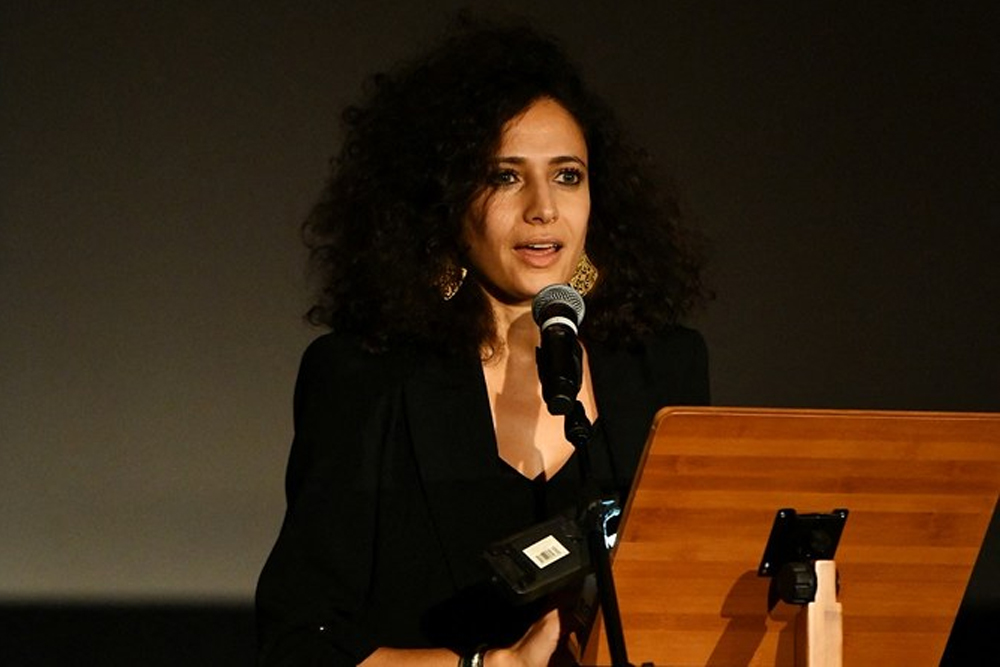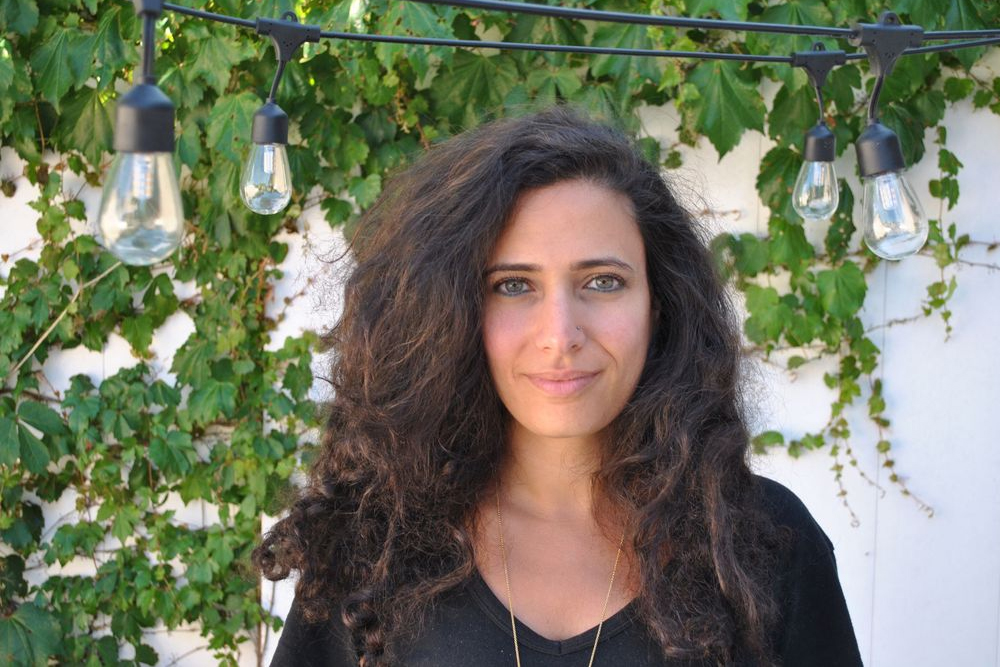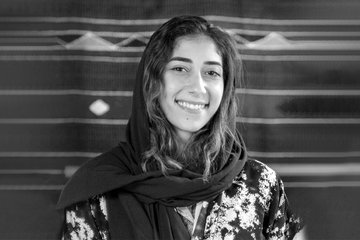
Hala Alyan, a Palestinian American novelist, poet, and winner of the Arab American Book Award, made her inaugural appearance at the 2024 Emirates Airline Festival of Literature by participating in a panel discussion on February 4th.
She reminisced about her parents' long residence in Abu Dhabi and her experience living in Al-Ain, despite currently residing in New York. This literary festival marks her first in the Arab region, and she feels deeply honored to share the stage with other esteemed artists.
Growing up in a family with Palestinian, Syrian, and Lebanese roots, Alyan's interest in writing blossomed alongside her acquisition of the English language. She recalls writing for as long as she can remember. Alyan's literary works often reflect her connection to the Arab experience. Her debut novel, "Salt Houses," published in 2017, narrates the story of a Palestinian family forced to flee their home during the Six-Day War of 1967, drawing inspiration from her own family's immigration and displacement story. Subsequently, she penned "The Arsonists' City," a novel she describes as an homage to Beirut, where she once studied.
Alyan addresses topics of diaspora, immigration, parenthood, and identity in her poetry. She appreciates poetry because it delves into the complexities of life and lets poets lose themselves in ideas, feelings, and recollections. Like many Palestinians around the world, Alyan has been profoundly impacted by the destruction in Gaza, which highlights the significance of protesting and helping those who are impacted directly.

Alyan's upcoming poetry collection, "The Moon That Turns You Back," is set to be released in March. In response to a question on guidance for prospective writers, she highlights the value of appreciating the creative process and consistently fostering that relationship, stressing its relevance over any outcome.
During the festival, Alyan participated in a panel discussion titled "It's Complicated: Tales Of Family And Home" alongside authors Mai Al-Nakib and Awais Khan. Together, they explored personal, political, and cultural landscape complexities within their novels.

















